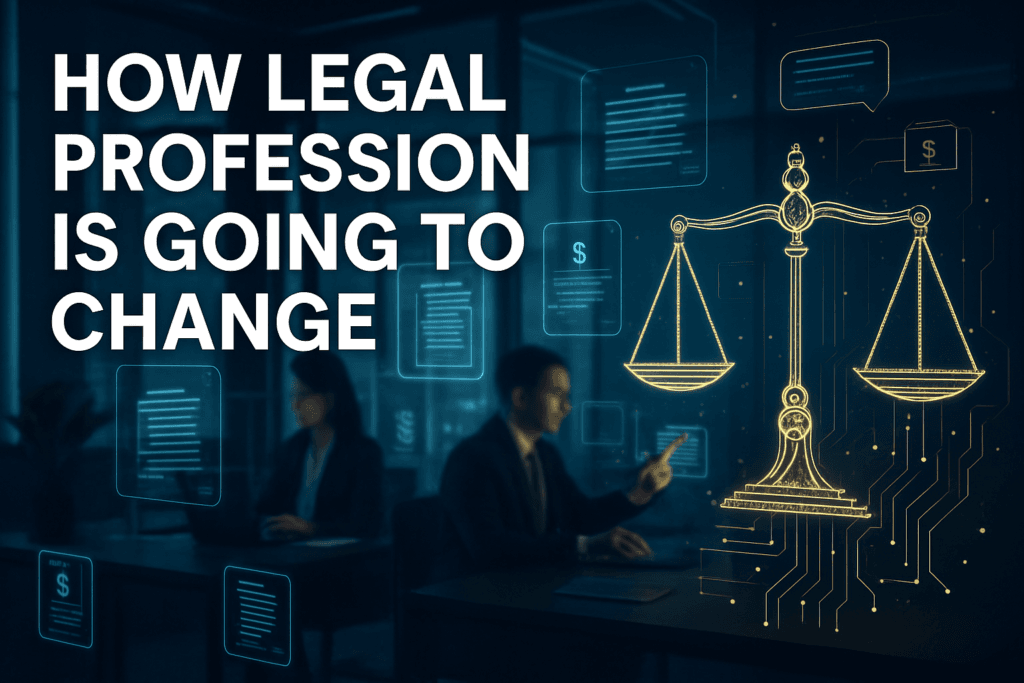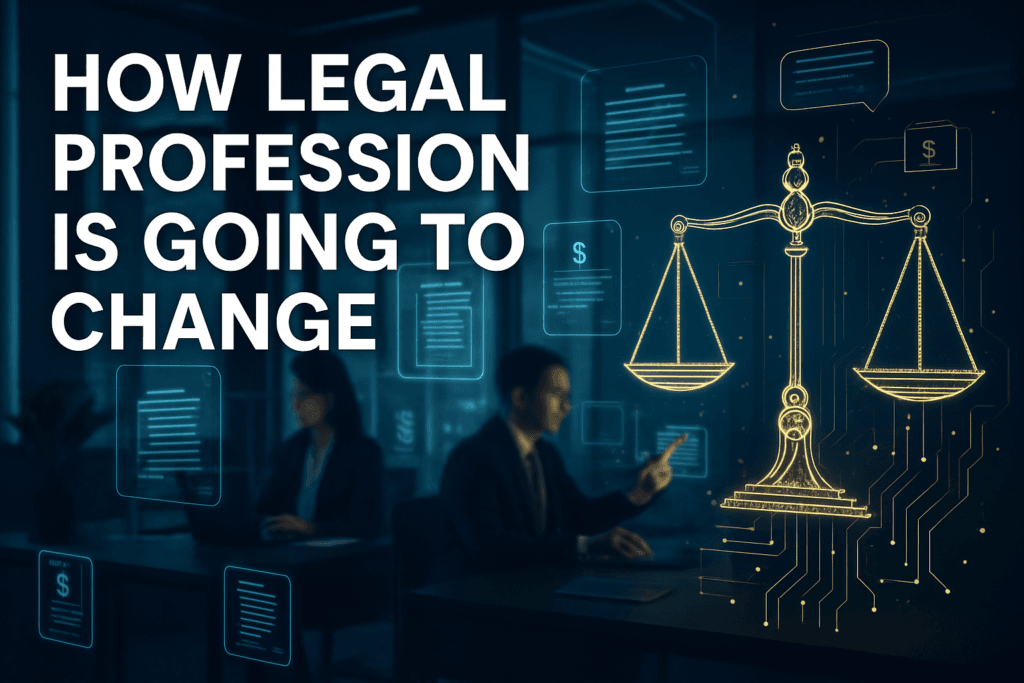Key Takeaway: While most law graduates focus on traditional litigation careers, the government sector offers numerous high-paying, prestigious positions that provide excellent work-life balance, job security, and opportunities for meaningful public service. From regulatory bodies like SEBI and RBI to civil services and policy roles, these career paths often offer better long-term prospects than private practice.
Introduction: Expanding Your Legal Career Horizons
The legal profession has evolved significantly in recent years, offering law graduates diverse career paths that extend far beyond traditional courtroom advocacy. While many students preparing for CLAT and other law entrance examinations envision themselves as practicing advocates, the government sector presents compelling alternatives that combine legal expertise with public service, offering stability, growth, and substantial compensation packages.
According to recent data from the Department of Justice, government legal positions have seen a 15% increase in applications over the past three years, indicating growing awareness among law graduates about these opportunities. This comprehensive guide explores the vast landscape of government careers available to law graduates, providing detailed insights into salary structures, application processes, and career progression paths.
₹12L+
Average Starting Salary in Government Legal Roles
40hrs
Standard Work Week vs 60+ in Private Practice
95%
Job Security Rating in Government Positions
25+
Days Annual Leave in Most Government Roles
High-Paying Regulatory Positions: The Hidden Gems
One of the most lucrative yet underexplored career paths for law graduates lies within India’s regulatory framework. Organizations like SEBI, RBI, and various PSUs offer specialized legal positions that combine competitive salaries with prestigious work environments.
SEBI Grade A Legal Officer: Securities Market Regulation
The Securities and Exchange Board of India (SEBI) represents one of the most attractive career options for law graduates interested in financial markets and corporate law. As detailed in recent SEBI recruitment notifications, Legal Officers play crucial roles in market regulation, policy formulation, and enforcement activities.
SEBI Legal Officer Salary Breakdown (2025)
- Starting Basic Pay: ₹44,500 per month
- Gross Monthly Package: ₹1,49,500 (without accommodation)
- After 17 years: ₹89,150 basic pay
- Additional Benefits: House rent allowance, medical benefits, provident fund, gratuity
- Annual Package: ₹18-20 lakhs at entry level
Key Responsibilities:
- Drafting and reviewing securities regulations and guidelines
- Legal analysis of market structures and trading mechanisms
- Enforcement actions against market violations
- Representing SEBI in legal proceedings
- Policy research and development in securities law
RBI Legal Officer: Central Banking and Monetary Policy
The Reserve Bank of India offers multiple entry points for law graduates, with the RBI Grade B Legal Officer position being particularly attractive for those interested in banking law and monetary policy.
| Position | Starting Salary | Grade Pay | Total Package | Career Progression |
|---|---|---|---|---|
| RBI Grade B Legal Officer | ₹35,150 | ₹7,200 | ₹12-15 LPA | Deputy General Manager in 15-20 years |
| RBI Assistant Manager (Legal) | ₹31,705 | ₹5,400 | ₹10-12 LPA | General Manager in 20-25 years |
PSU Legal Positions: Sector-Specific Opportunities
Public Sector Undertakings (PSUs) across various industries—from oil and gas to telecommunications—regularly recruit legal professionals. These positions offer industry-specific expertise development alongside government job benefits.
Notable PSU Legal Opportunities:
- Oil India Limited: Legal Officer positions with ₹8-12 LPA packages
- BHEL: Legal Assistant and Legal Officer roles
- NTPC: Legal Executive positions in power sector
- Indian Railways: Legal Advisor roles across zones
Civil Services: The Premium Government Career Path
For law graduates seeking the pinnacle of government service, the Civil Services examination conducted by UPSC offers unparalleled career opportunities. The legal background provides significant advantages in understanding constitutional law, administrative procedures, and policy implementation.
IAS (Indian Administrative Service)
As the premier civil service, IAS officers with legal backgrounds often excel in policy formulation, legislative drafting, and administrative decision-making. The comprehensive training at institutions like Lawgic Coaching can provide the foundational knowledge necessary for both law entrance exams and subsequent civil services preparation.
IAS Career Progression and Compensation
- Assistant Collector/SDM: ₹56,100 + allowances (₹15-20 LPA)
- District Collector: ₹1,31,100 + allowances (₹25-30 LPA)
- Secretary to Government: ₹2,25,000 + allowances (₹40+ LPA)
- Additional Benefits: Official residence, vehicles, security, healthcare
IFS (Indian Foreign Service)
Law graduates in the Indian Foreign Service leverage their legal training in international law, treaty negotiations, and diplomatic relations. The service offers opportunities to work in Indian embassies worldwide, participate in international legal proceedings, and contribute to India’s foreign policy formulation.
Indian Legal Service (ILS)
Specifically designed for law graduates, ILS officers serve as legal advisors to various government departments, draft legislation, and represent the government in legal proceedings. This service directly utilizes legal education and provides opportunities for specialization in different areas of law.
Specialized Government Legal Roles
Public Prosecutors and Government Pleaders
State governments regularly recruit Public Prosecutors and Government Pleaders who represent the state in criminal and civil matters respectively. These positions offer direct courtroom experience while providing government job security.
Salary Range: ₹40,000 – ₹80,000 per month depending on the state and experience level.
Legal Advisors in Government Departments
Every major government department requires legal advisors who:
- Review contracts and agreements
- Provide legal opinions on policy matters
- Draft rules and regulations
- Represent departments in legal proceedings
- Ensure compliance with legal requirements
Judicial Services
State Judicial Services examinations offer direct entry into the judiciary as Civil Judges. This career path provides:
- Judicial independence and respect
- Regular promotions to higher judicial positions
- Competitive salaries with regular revisions
- Opportunity to serve justice directly
Work-Life Balance: Government vs Private Practice Comparison
One of the most significant advantages of government legal careers is the superior work-life balance compared to private practice. This aspect is increasingly important for new graduates seeking sustainable career paths.
| Aspect | Government Legal Jobs | Private Practice |
|---|---|---|
| Working Hours | 9 AM – 5:30 PM (40 hours/week) | Often 10-12 hours/day (60+ hours/week) |
| Weekend Work | Rare, only during emergencies | Regular weekend work expected |
| Annual Leave | 25-30 days + public holidays | 10-15 days typically |
| Job Security | Excellent (until retirement) | Dependent on performance/client base |
| Stress Levels | Moderate, manageable | High pressure, client demands |
| Healthcare Benefits | Comprehensive coverage | Variable, often limited |
Step-by-Step Application Process Guide
Navigating government job applications requires strategic planning and systematic preparation. Here’s a comprehensive roadmap for law graduates:
Identify Target Positions
Research various government departments, PSUs, and regulatory bodies that align with your interests. Subscribe to employment news and official websites for regular updates on vacancies.
Understand Eligibility Criteria
Review age limits, educational qualifications, and experience requirements. Most positions require a law degree from a recognized university with minimum percentage criteria.
Prepare for Competitive Examinations
Many positions require clearing competitive exams. Develop a structured study plan covering legal subjects, current affairs, and general knowledge. Consider enrolling in specialized coaching programs.
Build Relevant Experience
Gain practical experience through internships with government departments, NGOs, or legal aid organizations. This experience enhances your application and provides valuable insights.
Prepare Application Documents
Maintain updated documents including educational certificates, experience letters, caste certificates (if applicable), and a professional resume highlighting relevant skills and achievements.
Apply Through Official Channels
Submit applications only through official websites like USAJOBS for federal positions or respective department websites. Avoid unauthorized agents or consultants.
Prepare for Interviews
Government interviews typically focus on legal knowledge, current affairs, and situational judgment. Practice mock interviews and stay updated with recent legal developments and government policies.
Skills Development and Career Building Strategies
Success in government legal careers requires continuous skill development and strategic career planning. Law graduates should focus on building both technical legal competencies and soft skills essential for public service.
Essential Technical Skills
- Constitutional Law Expertise: Deep understanding of constitutional principles, fundamental rights, and governance structures
- Administrative Law: Knowledge of administrative procedures, rule-making processes, and judicial review
- Regulatory Compliance: Understanding of sector-specific regulations and compliance frameworks
- Research and Drafting: Ability to conduct legal research and draft policies, rules, and legal documents
- Technology Integration: Familiarity with legal technology tools and e-governance platforms
Critical Soft Skills
- Public Communication: Ability to explain legal concepts to non-legal stakeholders
- Ethical Leadership: High integrity standards expected in public service
- Analytical Thinking: Capacity to analyze complex policy issues and provide practical solutions
- Stakeholder Management: Skills to work with diverse groups including politicians, bureaucrats, and citizens
Enhance Your Preparation with Expert Guidance
Success in competitive government exams requires structured preparation and expert mentorship. Lawgic Coaching offers comprehensive programs that not only prepare students for CLAT and other law entrance exams but also provide guidance for government career opportunities.
Key Benefits: Expert faculty, proven track record, flexible online learning, and personalized mentorship for career planning.
International Opportunities for Law Graduates
Government legal careers also offer significant international exposure through various channels:
Diplomatic Missions
Legal officers in Indian embassies and consulates handle:
- Commercial law disputes involving Indian entities
- Immigration and visa legal issues
- International treaty negotiations
- Consular services and citizen assistance
International Organizations
Government experience often serves as a stepping stone to positions in:
- United Nations and its specialized agencies
- World Bank and International Monetary Fund
- International Court of Justice
- Regional organizations like SAARC, ASEAN
Bilateral and Multilateral Assignments
Experienced government legal officers often participate in:
- Trade negotiations and treaty drafting
- International arbitration proceedings
- Legal capacity building programs in developing countries
- Cross-border legal cooperation initiatives
Future Prospects and Growth Opportunities
The government sector continues to evolve, creating new opportunities for legal professionals. Emerging areas include:
Digital Governance and Cyber Law
As governments digitize services and address cybersecurity challenges, there’s growing demand for legal experts in:
- Data protection and privacy law
- Digital identity and authentication systems
- Cybercrime investigation and prosecution
- E-governance policy development
Environmental and Climate Law
With increasing focus on environmental protection and climate change mitigation:
- Environmental compliance and enforcement roles
- Climate policy development and implementation
- International environmental treaty negotiations
- Green finance and carbon trading regulation
Financial Technology (FinTech) Regulation
The rapid growth of financial technology creates opportunities in:
- Digital payment system regulation
- Cryptocurrency and blockchain policy
- Banking technology compliance
- Consumer protection in digital finance
Preparation Strategies for Different Government Exams
Success in government legal positions requires targeted preparation for specific examinations. Here’s a strategic approach for major exams:
UPSC Civil Services Examination
Preparation Timeline: 12-18 months
- Preliminary Exam: Focus on current affairs, Indian polity, legal awareness
- Main Exam: Optional subject choice (Law graduates can choose Law as optional)
- Interview: Demonstrate public service motivation and leadership potential
- Study Strategy: Regular newspaper reading, standard textbooks, mock tests
State Judicial Services
- Preliminary Exam: Legal aptitude, constitutional law, procedural law
- Main Exam: Descriptive papers on substantive and procedural law
- Interview: Judicial temperament assessment and legal knowledge evaluation
Banking and Financial Sector Exams
- RBI Grade B: Economic and social issues, finance and management, legal awareness
- SEBI Grade A: Securities markets, legal framework, regulatory environment
- NABARD Grade A: Economic and social issues, agriculture and rural development
Conclusion: Charting Your Path Beyond the Courtroom
The government sector offers law graduates a wealth of opportunities that combine professional growth, job security, and meaningful public service. From high-paying regulatory positions to prestigious civil services roles, these career paths provide alternatives to traditional legal practice while utilizing legal education effectively.
The key to success lies in strategic career planning, continuous skill development, and thorough preparation for competitive examinations. As the government sector continues to evolve with digitization and policy reforms, new opportunities emerge regularly for qualified legal professionals.
Action Steps for Aspiring Candidates:
- Assess your interests: Identify which government sectors align with your career goals
- Build foundational knowledge: Strengthen your understanding of constitutional and administrative law
- Stay informed: Regular follow employment notifications and exam announcements
- Seek mentorship: Connect with experienced professionals in your target field
- Prepare systematically: Develop a structured study plan for relevant competitive exams
- Gain practical experience: Seek internships and volunteer opportunities in government settings
For law students currently preparing for entrance examinations, remember that a strong foundation in legal principles—whether gained through CLAT coaching programs or undergraduate legal education—serves as an excellent launching pad for government careers. The analytical thinking, research skills, and understanding of legal frameworks developed during law studies are highly valued in government positions.
The future belongs to legal professionals who can adapt to changing governance needs while maintaining the highest standards of integrity and public service. Government careers offer the perfect platform to make a lasting impact on society while building a rewarding and secure professional life.
Ready to Start Your Government Career Journey?
Take the first step toward a successful government legal career. Whether you’re preparing for law entrance exams or planning your post-graduation career path, expert guidance can make all the difference.
Explore comprehensive coaching programs at Lawgic Coaching and join thousands of successful law graduates who have built rewarding careers in government service.


